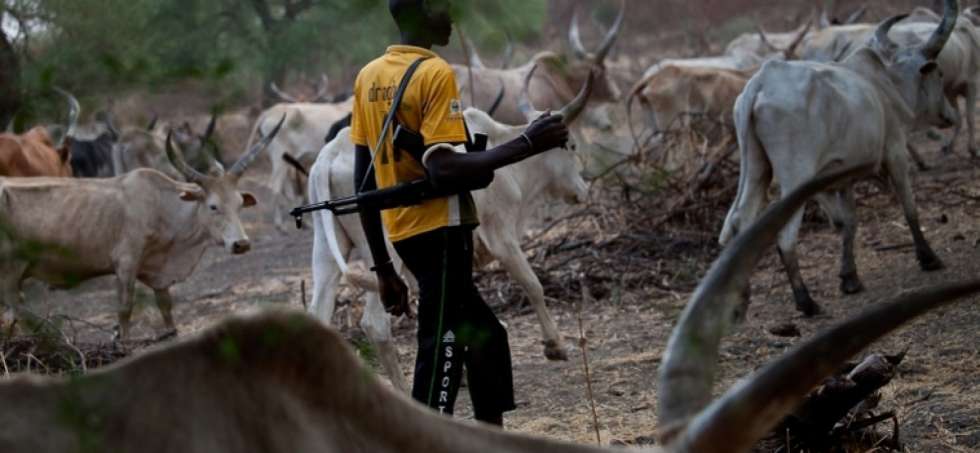Lagos based development economist, Dr Lekan Amosun has interpreted the latest ban on milk imports by the Central Bank of Nigeria (CBN) as another policy to encourage Fulani herdsmen to consider ranching than the outdated and resisted land grabbing spree that have been causing security risks across the federation.
Reviewing the key takeaways of the new policy in an interview, he said “All the world over, ranching has become the trend in animal husbandry and not pastoral nomadism any longer.
“To me, I think the signal being sent out by the apex bank is for herdsmen to buy into cattle ranching by investing in massive structuring and development of lands it can acquire through genuine means and relying extant Land Use Act or land edicts prevailing in states of their choice to begin cattle ranching.
“I know of Benue and other states including Oyo that now have anti-open grazing laws. Fulani herdsmen can approach the banks and secure loans to develop ranches than hovering around farms already cultivated by farmers, thereby causing panic and insecurity across the Nigerian agrarian communities.
“However, my fear is that Fulani herdsmen have not been given the right signal from Mr President, who is their national patron and member, that nomadism is no more feasible in Nigeria because the historic grazing route does not exist any longer because you cannot trespass peoples land like in the olden days any longer in any part of the country.
Continuing, Dr Amosun advised the Federal government to monitor the approved six dairy companies to import milk into the country to avoid abusing the privilege in jerking up prices of milk products
The CBN had claimed while issuing the directive that “The move is part of efforts aimed at bridging the supply gap of the product as the government pursues its backward integration strategy to make the country self-sufficient in milk production.”
Business Hilights recalls that vide a circular issued by the CBN dated February 11, 2020, and signed by the Director, Trade and Exchange Department, Dr Ozoemena Nnaji, the apex bank said the approval was given in line with its objective to increase and improve the local production of milk, its derivatives and other dairy products in the country.
The six dairy companies are FrieslandCampina WAMCO Nigeria; Chi Limited; TG Arla Dairy Products Limited; Promasidor Nigeria Limited; Nestle Nigeria PLC (MSK only) and Integrated Dairies Limited.
According to the apex bank, “All Forms ‘M’ for the importation of milk and its derivatives by authorised dealers would only be allowed for the aforementioned companies. The apex bank therefore advised importers not on the list of companies cited in the circular to cancel all established Forms ‘M’ for the importation of milk and its derivatives for which shipment has not taken place.”









